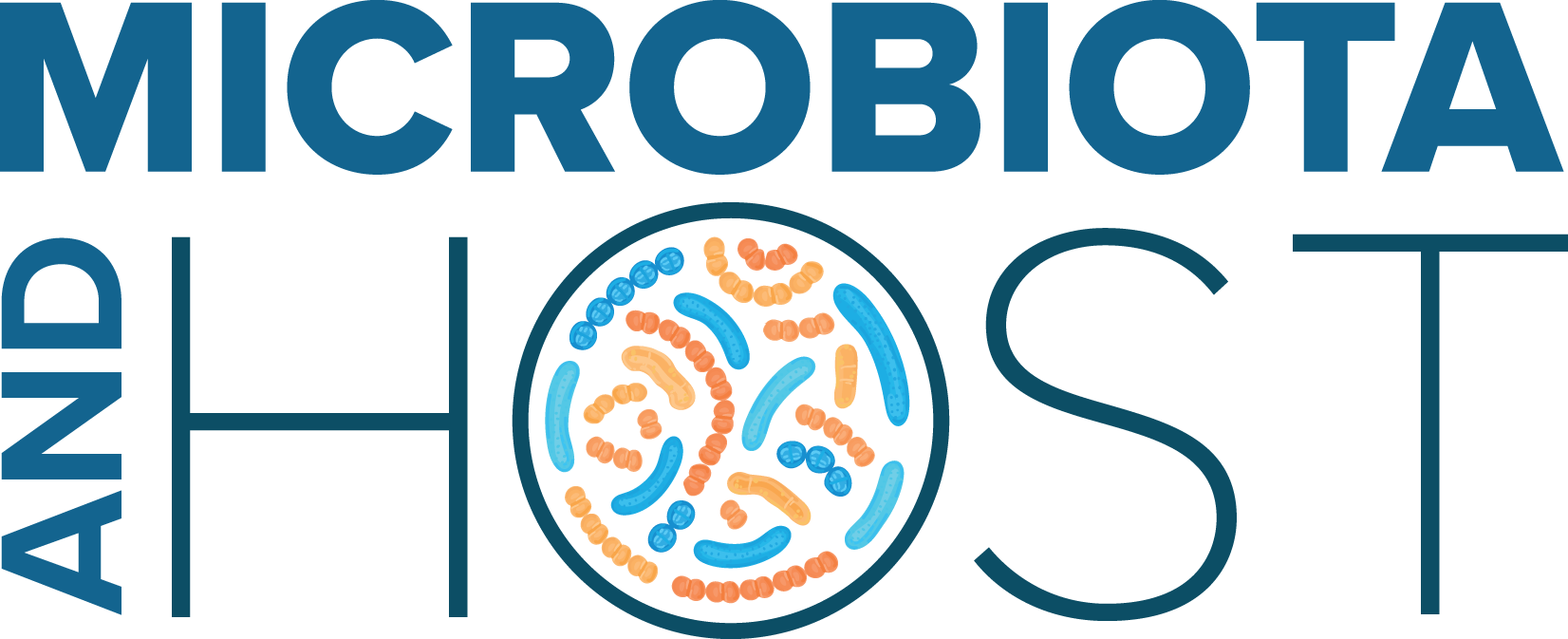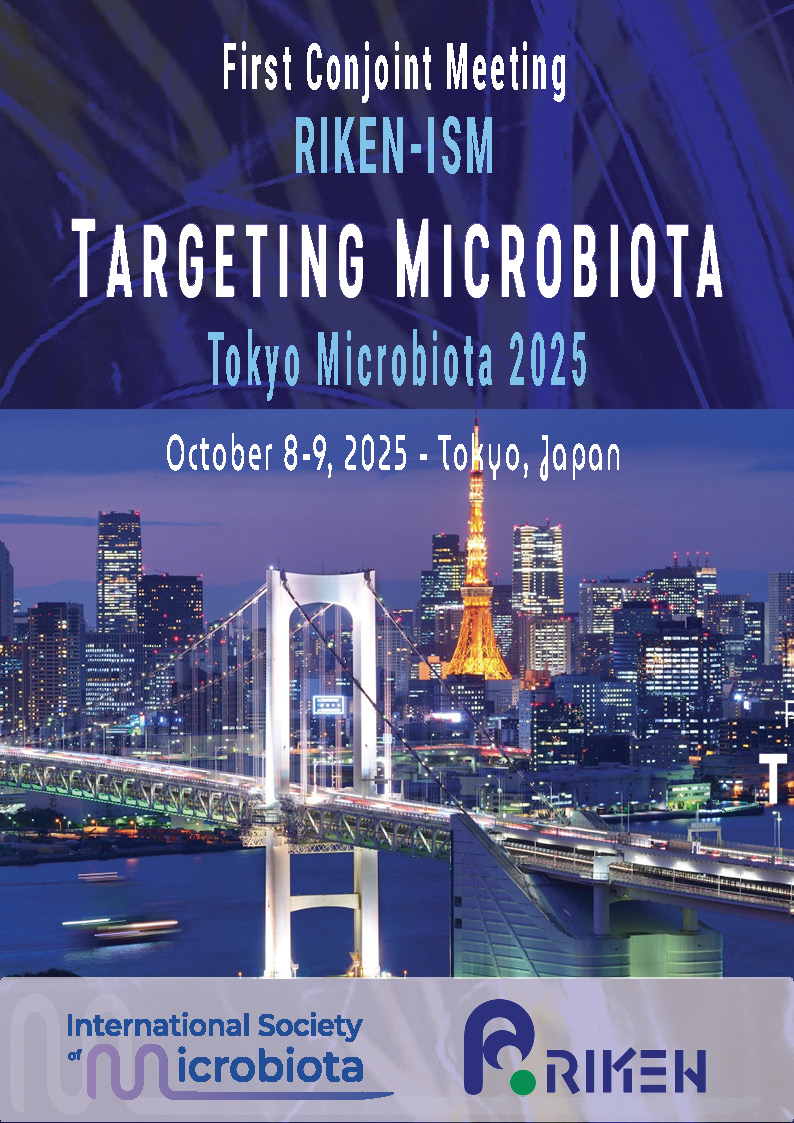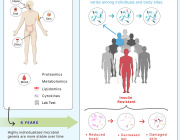
Modulating the Gut Microbiome with Foods
Summary
Food-based strategies hold great promise for modulating the composition and function of the gut microbiome towards better health and wellbeing. In this talk, we will address and exemplify how in vitro experiments, dietary interventions, food databases, computational metabolic reconstruction and dietary recommendation applications all have roles to play in developing the full potential of food-based microbiome modulation.
About Dr.Francino
Dr. M. Pilar Francino is Head of the Genomics and Health Department of FISABIO-Public Health in Valencia, Spain, where she pursues research involving genomics, microbial ecology, and the human microbiome. She obtained her PhD at the University of Rochester (New York), followed by a postdoctoral EMBO Fellowship at the University of Paris. During these periodsshe worked on basic topics of molecular evolution, focusing on the study of rates and patterns of mutation and recombination, mainly in bacterial genomes. In 2001, she was appointedResearch Scientist at the U.S. Department of Energy Joint Genome Institute (JGI) and sheserved as Head of the JGI Evolutionary Genomics Program from 2007 to 2009. There, she led numerous research projects involving genome and metagenome sequencing and analysis, funded by U.S. agencies such as the NIH, NSF and DOE.
These resulted in novel evolutionary genomics models related to the origin of new gene functions, andt he limits to horizontal gene transfer between genomes. Since 2009, she is a Senior Scientist at Genomics and Health-FISABIO and has been Head of the Department since 2012.
Her current research focuses on the study of human microbiome communities, and has been funded by Spanish research agencies and by the European Commission. By applying a variety of omics techniques, Dr. Francino’s research group analyzes the taxonomic composition, coding capabilities and gene expression patterns of the microbial communities that inhabit the different sites of the human body at different life stages. This work is shedding light on how the microbiome develops and changes during the human lifespan, how it can be altered by antibiotics, diet and other environmental and lifestyle factors, and how such alterations will impact on health. This generated knowledge will contribute to the development ofpersonalized diets, functional foods and pre- and probiotic supplements, with the aim of ameliorating the health of children and adults suffering from microbiome-related diseases.





































